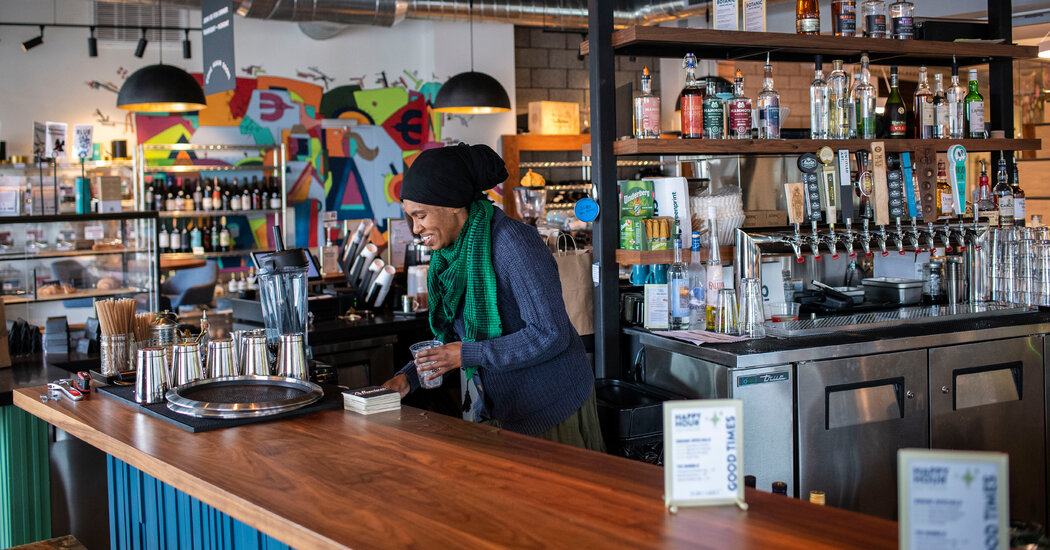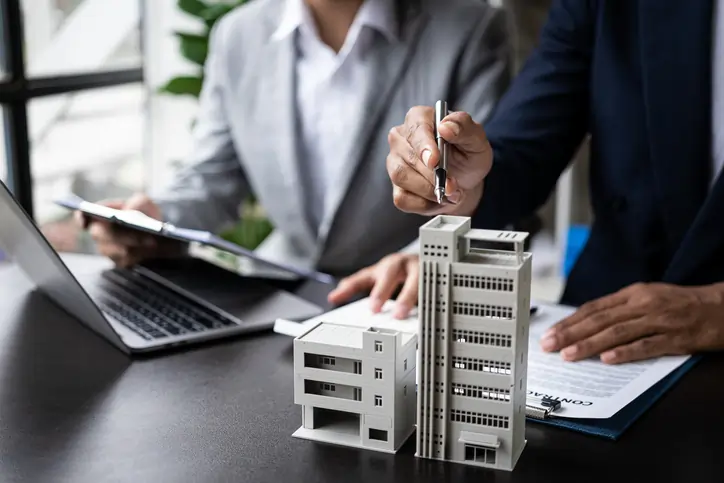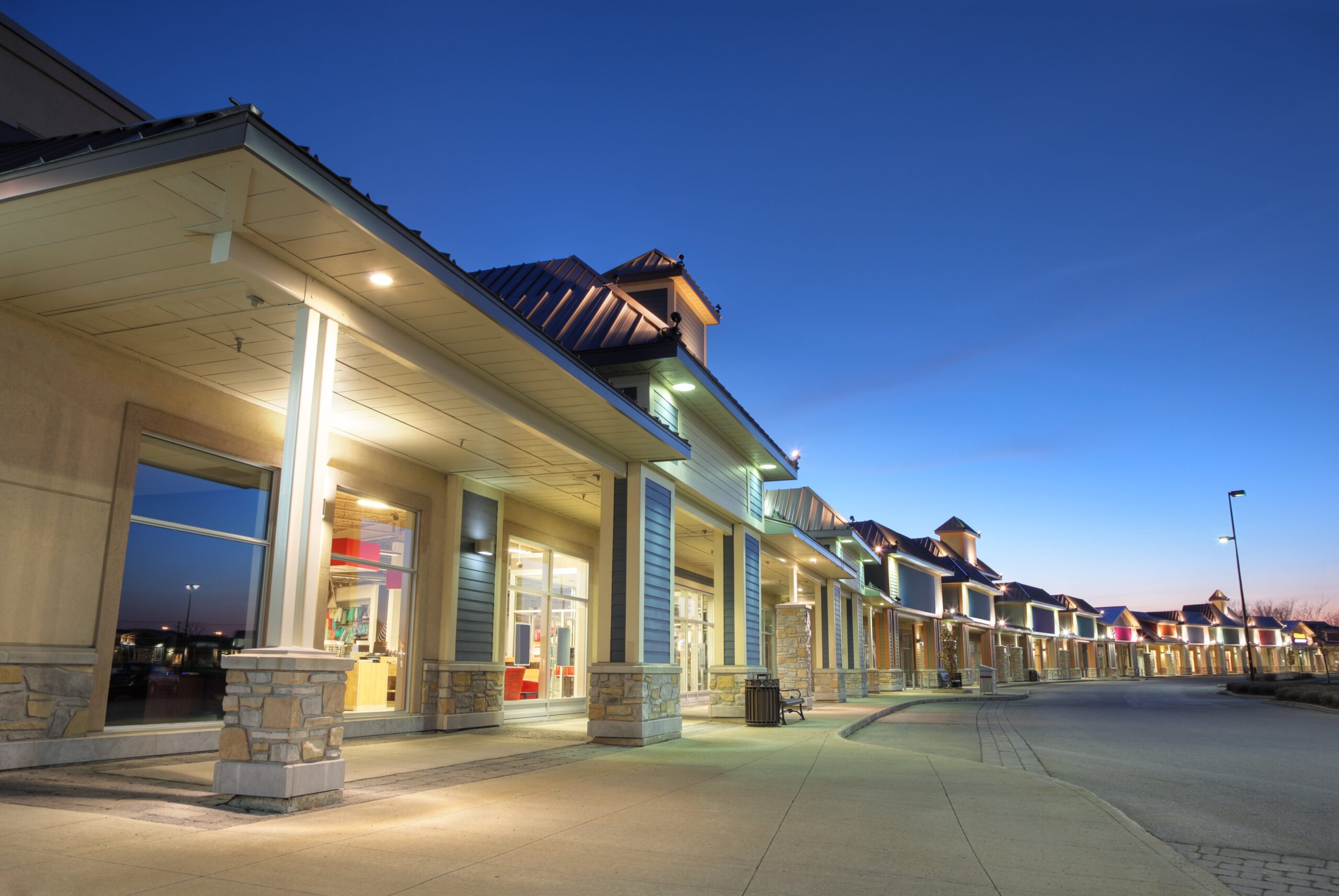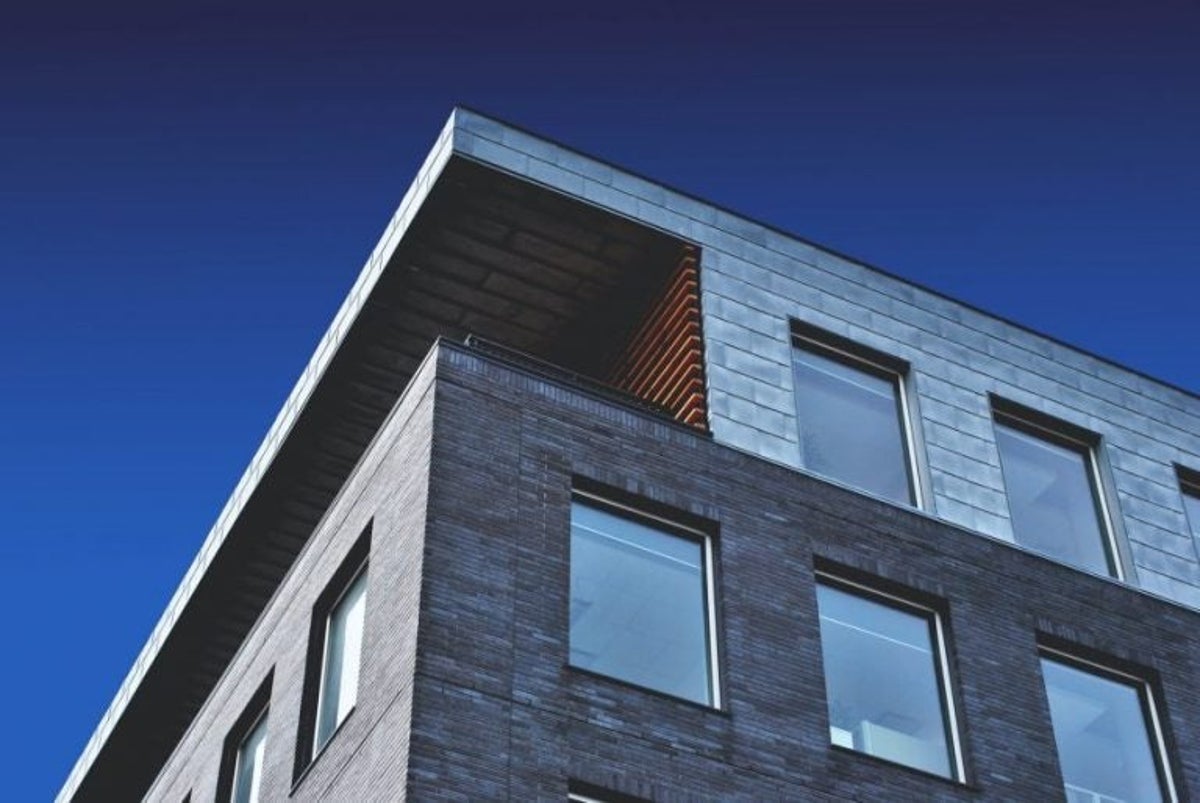Across the country, neighborhood groups are uniting to fund mixed-use developments that meet housing and business demands, giving locals a place to live, work and learn new skills.
TRAVERSE CITY, Mich. — As the owner of the coffee retailer Higher Grounds Trading Company, Chris Treter had a problem: Business was booming, but his new hires couldn’t find affordable places to live.
“Traverse City is becoming Myrtle Beach meets Hilton Head — a place catering to a population outside the region,” Mr. Treter said. “Our work force can’t live here anymore.”
Mr. Treter and others in this small Lake Michigan community with a population of nearly 16,000 came up with a solution: a 47,000 square-foot building that offered spaces for residences, businesses and community activities that had been in short supply as gentrification in the city pushed prices up and local residents out.
What sets this project apart from others like it is how it’s paid for. Mr. Treter developed the space with Kate Redman, a lawyer who works with nonprofit organizations, and several other entrepreneurs who were dealing with similar challenges. They created a crowdfunding campaign that recruited nearly 500 residents to invest $1.3 million as a down payment to help finance the project’s construction and earn up to 7 percent annually in dividend payments. Roughly 500 more residents contributed $50 each to join the project as co-op members.
The $20 million development, called Commongrounds, opened late last year. It is at full occupancy and consists of 18 income-based apartments (rent below market rate based on median income), five hotel-like rooms for short-term rentals, a restaurant, three commercial kitchens (for the restaurant and to be used for events and classes), a food market, a coffee training center (for new hires and developing new drinks), a 150-seat performing arts center, a co-working space, offices and a Montessori preschool.



